Creative Agency Interviews: A Comprehensive Guide to Preparation and Success
Stepping into a creative agency interview is more than a formality—it’s a strategic opportunity to demonstrate your expertise, cultural fit and innovative mindset. Whether you’re a designer, strategist, marketer or content lead, understanding how top recruiters evaluate candidates will set you apart. In this guide, we go behind the scenes with leading agency minds, share data-backed insights and outline a proven roadmap to help you prepare, engage and follow up like a true professional.
Understanding the Creative Agency Interview Process
Unlike traditional corporate interviews, creative agency hiring focuses equally on technical chops and cultural resonance. Agencies typically structure the process into three key stages:
- Initial Screening – A 20–30 minute phone or video call to confirm qualifications, availability and basic alignment.
- Portfolio & Technical Assessment – A deep dive into your work samples or a brief design/strategy exercise to gauge problem-solving and tactical skills.
- Cultural Fit & Final Round – In-person or video conversations with team leads, account managers and even clients to assess collaboration style, adaptability and passion for the agency’s mission.
According to Business of Apps, 72% of agencies report that seeing real-world results in a candidate’s portfolio is the top hiring driver. You’ll need to go beyond aesthetics and speak to metrics, process and impact.
What Agency Recruiters Are Looking For
Top recruiters sift through hundreds of applications to find those rare candidates who blend creativity with execution excellence. Here’s what stands out:
- Authenticity: Recruiters value genuine insights over rehearsed soundbites. Share real challenges and lessons learned.
- Cultural Alignment: Fit with the agency’s values—whether it’s data-driven decision-making or a focus on brand storytelling—drives retention and productivity.
- Adaptability: Agencies move fast. Demonstrate you can pivot between design sprints, client feedback loops and cross-functional workshops.
- Passion & Ownership: Show you care about the work, the client’s success and your role in driving results.
Hunter Scott, Creative & Strategy Recruiter at The Martin Agency, notes: “We look for candidates who not only execute at a high level but also ask smart questions and push our thinking. That mindset fuels both growth and innovation.”
Essential Interview Preparation Strategies
Research the Agency Inside and Out
Prior to any conversation, allocate 2–3 hours to deep research:
- Client roster & verticals: Identify marquee accounts, recent wins and any niche specialties (e.g., fintech, healthcare, gaming).
- Signature campaigns: Analyze 2–3 standout projects. What was the business challenge? Which KPIs moved? How did creative execution support objectives?
- Leadership viewpoints: Read thought leadership posts on the agency blog to understand tone, focus areas and future aspirations.
- Company culture: Check employee reviews on vetted sites and look for recurring praise or concerns.
Arming yourself with this intelligence demonstrates genuine interest and positions you as a strategic partner rather than a passive candidate.
Refine Your Portfolio & Case Studies
Your portfolio is more than a visual gallery—it’s proof of your strategic process and impact. Structure each case study with:
- Challenge: Briefly describe the business problem and target audience.
- Approach: Outline your research, ideation sessions and collaboration with stakeholders.
- Solution: Highlight the final deliverable—ad visuals, UX flows, copy frameworks or multi-channel activations.
- Results: Quantify outcomes (e.g., +35% CTR, +20% app installs, $500K incremental revenue).
- Reflection: Summarize key learnings and potential next steps.
Production leads should be ready to walk interviewers through technical pipelines, asset management tools and QA checkpoints. If you’re in creative production, prepare a concise flowchart of your end-to-end process.
Master Key Interview Questions
While creativity thrives on spontaneity, most interviews revisit core themes:
- “Tell me about a time you overcame tight deadlines.” Focus on time management, stakeholder communication and trade-off decisions.
- “How do you balance data insights with creative intuition?” Showcase examples where testing and analytics informed creative pivots.
- “What’s your approach to collaborating with cross-functional teams?” Emphasize empathy, clear communication and conflict resolution tactics.
- “Which recent campaign inspired you and why?” Reference work outside of the agency—this reveals your curiosity and taste level.
Craft concise STAR (Situation, Task, Action, Result) responses that land in 60–90 seconds. Practice aloud and time yourself.
Stay Current with Industry Trends
Top agencies view hires as long-term investments. Demonstrating market foresight positions you as a forward-thinking asset:
- Emerging Tech: AI-driven personalization, AR/VR experiences and programmatic creative are reshaping campaigns.
- Consumer Behavior: Mobile usage patterns, privacy shifts and in-app engagement metrics inform targeting strategies.
- Design Trends: Micro-interactions, voice UI and dark mode creativity can elevate user experience.
- Notable Campaigns: Reference case studies from industry leaders and dissect their success factors.
Subscriptions to Admiral Media’s blog and periodic reviews of the Business of Apps newsletter will keep your insights fresh.
Interview Day: Making a Lasting Impression
Virtual vs. In-Person: Best Practices
Remote interviews are now the norm. Ensure a polished presentation by:
- Testing audio/video connections 15 minutes prior.
- Selecting a neutral backdrop with good lighting.
- Using a wired internet connection when possible.
- Keeping your portfolio or screen share queued up for quick access.
For in-person sessions, arrive 10–15 minutes early, dress in smart-casual attire that aligns with the agency vibe and bring printed leave-behinds of your top 2–3 case studies.
Demonstrate Authentic Engagement
Bold creativity coexists with transparent communication. During the interview:
- Pause to think before answering rather than defaulting to filler words.
- Pose clarifying questions if a prompt is ambiguous—this shows analytical rigor.
- Weave anecdotes that speak to your personality, whether it’s mentoring juniors or organizing hackathons.
- Respect each interviewer’s time by keeping answers focused and concise.
Ask Insightful Questions
Your own inquiries can be the most memorable part of an interview. Consider:
- “How does the agency incorporate data science into creative ideation?”
- “Which collaboration tools have proven most effective for cross-team transparency?”
- “What professional development or mentorship programs are available?”
- “Can you share a recent internal pivot or learning that made the team stronger?”
These questions signal strategic thinking and genuine curiosity about the day-to-day and long-term vision.
Inside Creative Agency Roles & Team Dynamics
Understanding the ecosystem you’ll join helps tailor your pitch and shows organizational savvy. Most agencies organize around:
- Creative Teams – Designers, copywriters and art directors who craft messaging and visual direction.
- Strategy & Planning – Market researchers, brand strategists and planners who define audience segments and roadmaps.
- Account Management – Client leads who translate stakeholder needs into briefs and manage expectations.
- Production & Operations – Producers and project managers who oversee timelines, budgets and resource allocation.
- Performance & Analytics – Data specialists who track KPIs, optimize campaigns and inform creative decisions.
When you reference how you’d interface with each group, you demonstrate high-level collaboration skills and immediate value.
After the Interview: Follow-Up Best Practices
The final impression often occurs after you leave the room. A thoughtful follow-up sequence includes:
- Sending a personalized thank-you email within 24 hours, referencing specific discussion points.
- Reiterating your enthusiasm for the role and the unique strengths you’d bring.
- Attaching any additional materials or clarification requested during the interview.
- Following up once more if the agreed timeline passes, while respecting the recruiter’s process.
Maintaining professionalism and persistence can tilt the odds in your favor—just 18% of candidates send a second follow-up, per internal agency data.
Conclusion
Acing a creative agency interview demands meticulous preparation, authentic storytelling and strategic follow-through. By uncovering what recruiters value most—cultural fit, adaptability, passion and results—you can craft responses that resonate. Leverage deep agency research, sharpen your portfolio narratives, master core questions and engage confidently on the big day. Finally, follow up thoughtfully to reinforce your candidacy.
Remember: you’re evaluating the agency just as much as they’re evaluating you. Seek clarity on team dynamics, growth pathways and cultural values to ensure a rewarding partnership. With these expert insights and proven tactics, you’ll step into your next creative agency interview with confidence and a vision for success.
